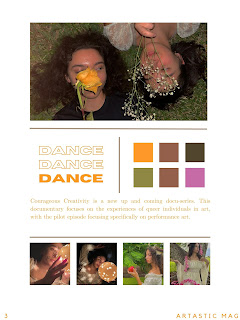The secret is to figure out how to pose open-ended, leading questions that encourage respondents to provide intelligent, narrative-style responses that can aid in story development.
Avoiding yes-or-no responses to inquiries is the first guideline for filming a documentary film. Asking for yes or no replies does not provide any information, much as following polite conversational conventions. It may also force you into a tight spot very rapidly.
In order to encourage the telling of a narrative, you should not only steer clear of yes-or-no questions but also actively push for open-ended inquiries with a "tell us more" or "tell us in your own words" style approach.
A fundamental piece of advice for people who might be more interested in documentary content like to that seen on television or online news sources is to have your subjects repeat the question in their answer. Frequently, the documentary maker or the person posing the questions won't be visible in the photograph or on camera. As a result, the audience won't always be aware of what the question is. So, you will need to mention this up front and remind your interviewee to repeat the question in their responses.
There will always be a demand for interview quotes that put things in the simplest possible words and discard any lingo and insider terminology. Starting an interview with a few straightforward, uncomplicated questions might be useful for achieving this. Following that, you may ask more in-depth questions, but try to constantly remind the interviewee to communicate as if they were speaking to someone who is no more knowledgeable than the average person on the street.
An overanxious attitude to asking question after question in an effort to hurry a production is another error that many aspiring documentary filmmakers may make early in their careers. A skilled documentary interviewer understands to give questions room to grow and expand. Some people speak and think at various rates. The issue will frequently proceed in a different direction and with a bit more direction if you wait for a response to hang there and allow them time to consider what they have said. The last piece of advice I found is to explain very clearly to your subjects why you're asking the questions you're asking, and the desired type of response you hope to receive.
See you guys next time!




No comments:
Post a Comment